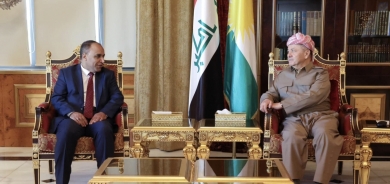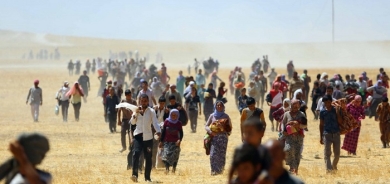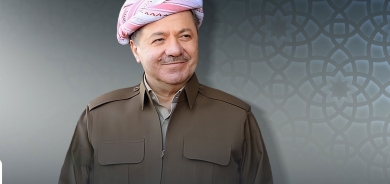THE SYRIAN COMPLEXITY

Surely the United States could help force Assad out by using its Special Operations forces to organize the Syrian opposition, arm it, and cause as much trouble for Assad as possible. Where would the United States have been without French help during the American Revolution? Even more immediately, Turkey too seems ready to jettison Assad and has even come close to threatening intervention to eliminate him.
However, things are not as simple as they seem, especially for the Kurds! Jalal Talabani found sanctuary in Damascus from the fall of Mustafa Barzani in 1975 until his return to northern Iraq in March 1991 following Saddam Hussein’s first defeat at the hands of the United States. The elder Assad, Hafez, long housed elements of the Iraqi opposition including its Kurdish contingents during the 1980s before Saddam Hussein was overthrown.
Syria also granted the PKK a safe house from 1979-1998. Without this help the Kurdish awakening in Turkey might never have occurred. To a lesser extent, one might also say the same for the Iraqi Kurds. Similarly the current Iraqi prime minister Nouri al-Maliki spent many years in safe exile in Syria. This is why Iraq’s Arab and Kurdish leaders find it so difficult to break completely with the current Assad.
However, even if they did and Assad fell, this would not necessarily guarantee democracy in Syria. A new repressive government might simply replace the old Assad government. Finally, if the United States and NATO have been unable to remove a much weaker Qadafi in Libya after trying for almost a half year, what makes one think a stronger Assad can be forced out in Syria? Such things usually demand a more domestic effort as occurred in Egypt when Hosni Mubarak was sent packing in February 2011. Tunisia, the birth place of the current Arab Spring, followed a similar path.
As for Qadafi in Libya, most Kurds know that he is the only Arab leader who has consistently called for Kurdish self-determination and even independence. No other Middle Eastern leader has so loyally spoken up for Kurdish rights. So it is difficult for the Kurds to turn against Qadafi now in his hour of need.
Politics is complicated. The Arab Spring in general and events in Syria and Libya are specific examples. Nevertheless, this writer believes that events have now gone too far to return to the past. Both Assad and Qadafi’s days are numbered. Given Syria’s closer proximity to the KRG, the Kurds should be planning for the coming post-Assad world.

 Michael Gunter
Michael Gunter






